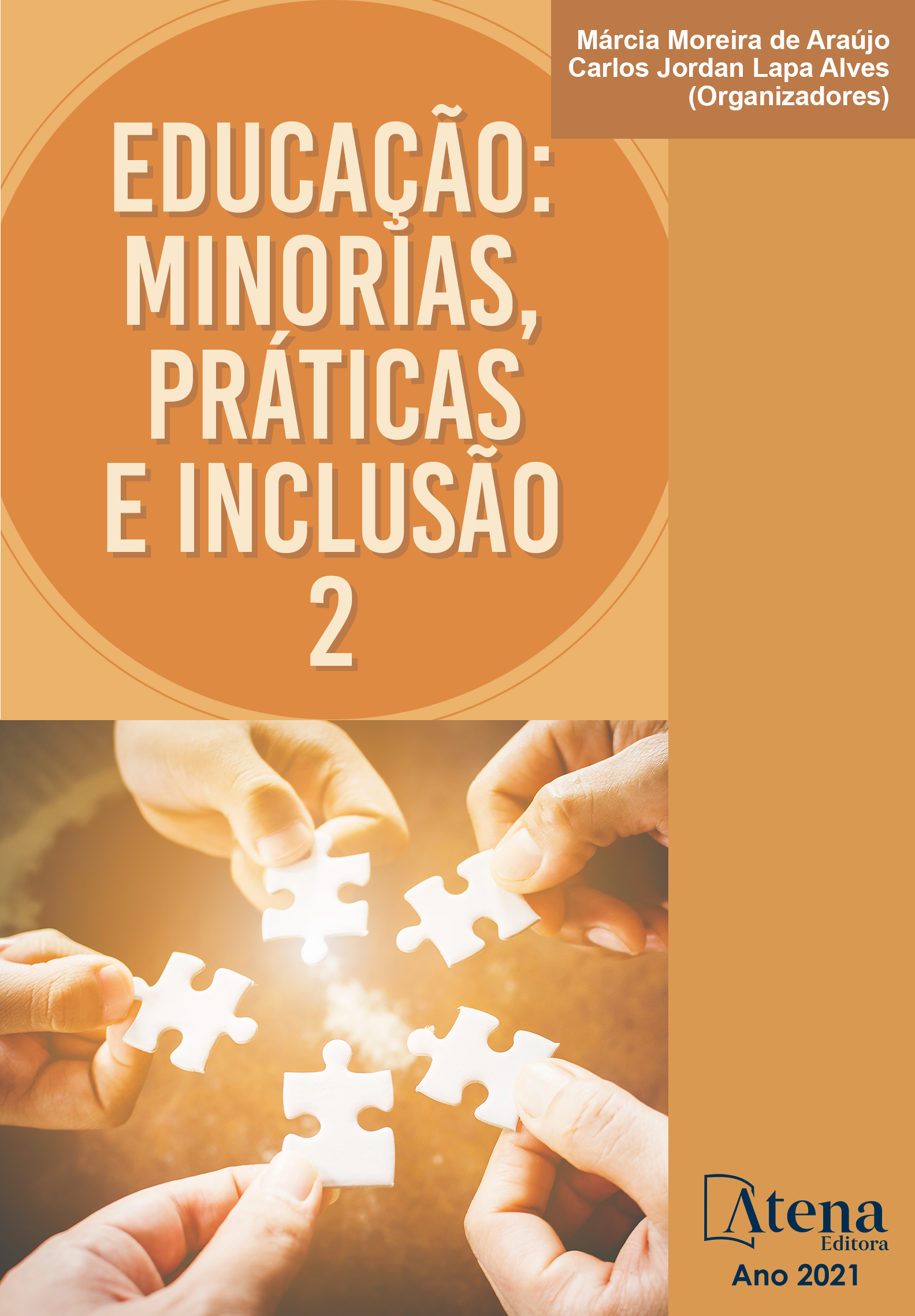
A EDUCAÇÃO BÁSICA ENQUANTO DIREITO SOCIAL: UM PANORAMA HISTÓRICO A PARTIR DAS LDBENs BRASILEIRAS
Este estudo tem por objetivo mostrar como o Estado brasileiro ofertou e oferta a educação básica para seus cidadãos ao longo dos últimos sessenta anos. Ao longo dos anos as políticas de educação sofreram diversas alterações até se chegar ao arcabouço legal da atualidade. A pesquisa pauta-se basicamente em três legislações educacionais sendo a primeira a Lei 4024/1961 a primeira Lei de Diretrizes e Bases da Educação Nacional; a segunda é a Lei 5692/1971 que promoveu uma grande reforma no ensino de 1º e 2º graus e por último a Lei 9394/1996 e suas respectivas emendas que redefiniram toda a educação nacional até os dias de hoje. Vale ressaltar que as duas primeiras legislações são fortemente marcadas pelo período da Ditadura Militar e isso se reflete no caráter impositivo dos textos enquanto que a atual lei traz a educação básica na perspectiva do direito social, elemento de cidadania. A metodologia empregada é o estudo comparativo entre as legislações, bem como suporte teórico da área de educação e o resultado alcançado é um panorama que permite visualizar como a educação básica deixa de ser uma benesse para minorias e passa a figurar como direito social de um grande contingente populacional.
A EDUCAÇÃO BÁSICA ENQUANTO DIREITO SOCIAL: UM PANORAMA HISTÓRICO A PARTIR DAS LDBENs BRASILEIRAS
-
DOI: 10.22533/at.ed.3432118054
-
Palavras-chave: Cidadania. Direito social. Educação Básica. Estado. LDBEN.
-
Keywords: Citizenship. Social law. Basic education. State. LDBEN.
-
Abstract:
This study aims to show how the Brazilian State has offered and offers basic education to its citizens over the past sixty years. Over the years, education policies have undergone several changes until reaching the current legal framework. The research is basically based on three educational legislation, the first being Law 4024/1961 and the first National Education Guidelines and Bases Law; the second is Law 5692/1971 that promoted a major reform in the education of 1st and 2nd degrees and finally Law 9394/1996 and its respective amendments that redefined all national education until today. It is worth mentioning that the first two legislations are strongly marked by the period of the Military Dictatorship and this is reflected in the mandatory nature of the texts, while the current law brings basic education from the perspective of social law, an element of citizenship. The methodology used is the comparative study between the laws, as well as theoretical support in the area of education and the result achieved is a panorama that allows us to see how basic education is no longer a benefit for minorities and starts to figure as a social right of a great population contingent.
-
Número de páginas: 17
- Miguel Rodrigues Netto


